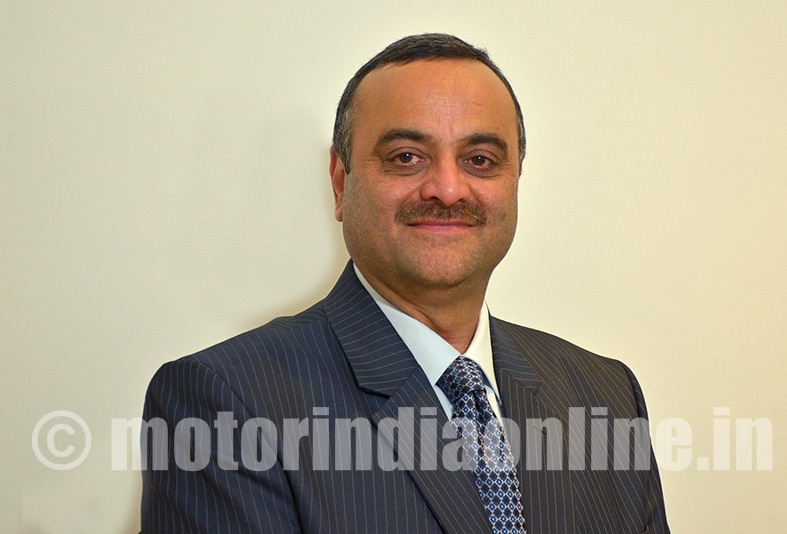Mr. Henry Timken, Founder of The Timken Company had said: “The man who could devise something which would reduce friction fundamentally would achieve something of real value to the world”. In order to make one self-indispensable to any system, one must first create a product which is basic to the functioning of society, and second strive to remain relevant at all times. This holds true for Timken because of its strict adherence to the above formula.

Though the parent company, Timken Company of the US is 120 years old, its Indian operations started with the setting up of Timken India Ltd. in 1987. Whether it is bearing technology, friction management and power transmission solutions, Timken caters to a wide range of industries, including commercial vehicles, aerospace, cement, construction, rail, wind energy and machine tools among others.
Greener 2020
Weathering many ups and downs in the market at global level and also in India has taught Timken to draw upon its core strength of offering green solutions which are simultaneously innovative and sustainable in nature.
Mr. Sanjay Koul, Managing Director – India, Timken, puts it simply: “Innovation is in our DNA.” Apart from remaining green and continuously sustainable, Timken is aiming for a double-digit growth in India by 2020. “We want to retain our position at the top in Taper Roller Bearings and be among the top two in other bearing offerings. We are changing our business model – if earlier we sold a product, now we sell a service where product is part of it,” he adds.
Sustainable innovations
As a believer in sustainability, Timken has witnessed the change in perception and acceptance of the innovations by an average Indian customer. Sharing details on Timken’s global environment strategies, Mr. Koul says: “Timken is one of the few companies which started making bearings greener years ago. But it is only now that we see customers appreciating the fact that they may pay more cost upfront, but the end cost is much less.”
Timken builds innovations that are sustainable at the design stage itself. He explains: “If a 20 tonne truck has to carry that much load at a certain speed and requires a bearing made of say 100 kg of steel, then we see if we can design a bearing which will take only 50 kg of steel. It means that the bearing, hubs and axles would get smaller, and all these changes makes the truck lighter in weight. As a result, it contributes to sustainability – the entire system will consume less energy, emissions go down and waste is reduced. For Timken, sustainability comes out of innovation.”
If earlier their innovative solutions were not getting commercialized in the larger interest of the business and the nation, now they are. Mr. Koul explains: “Earlier, unsealed components were being used on trucks which were prone to downtimes. But we offer sealed hi-tech solutions which ensure that there will be fewer stranded vehicles on the road.”
Riding the “upcoming mega industrial wave” is a challenge that Timken foresees. In preparation, the company is investing close to Rs. 200 crores to double the existing capacity in Jamshedpur and about Rs. 100 crores in the Chennai facility.
But what will drive Timken in surging ahead is its motivated and skilled workforce, remaining at the “cutting edge of innovation” and keeping customers happy who swear by best solutions at the lowest price.